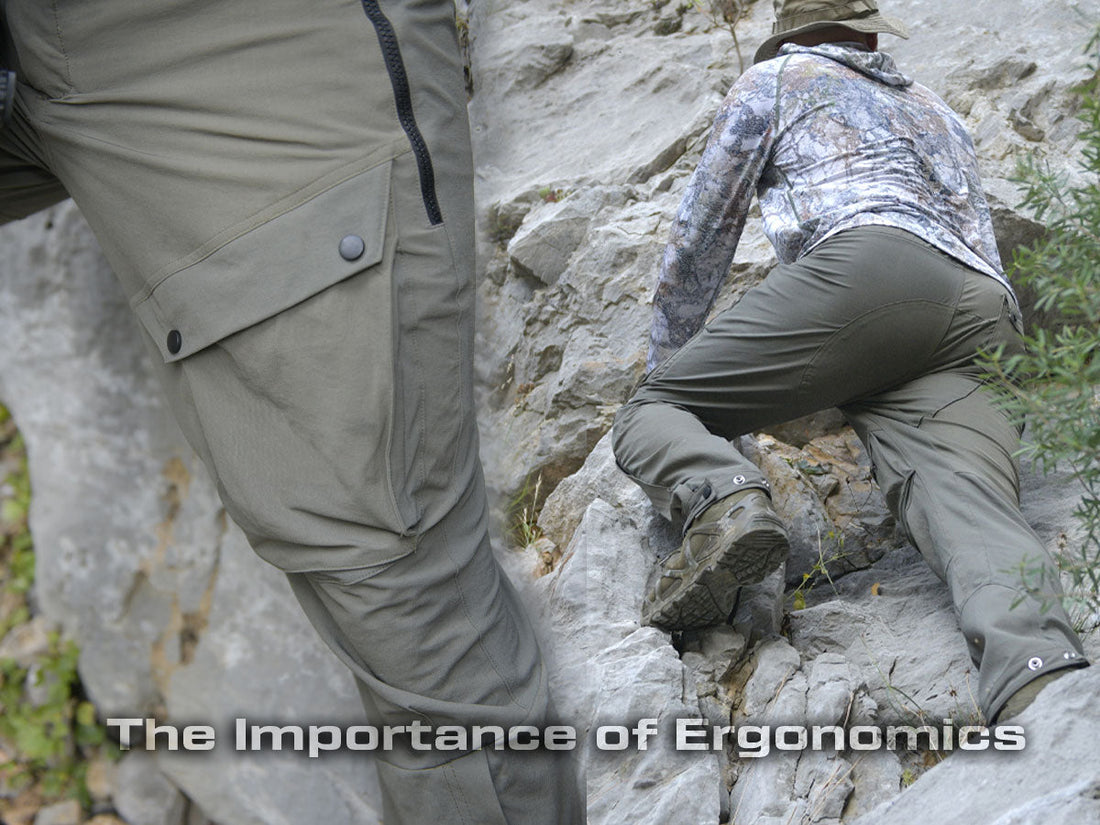
The Importance of Ergonomics in SAR Clothing
Ergonomics in Search and Rescue (SAR) Clothing
Ergonomics in search and rescue (SAR) clothing is crucial to ensure the efficiency, safety, and comfort of personnel working in demanding and hazardous environments. SAR missions often involve physical activities like climbing, crawling, lifting, and traversing rough terrain, which require clothing that supports the body’s movements without causing discomfort or restricting performance.
Key Reasons Ergonomics is Vital in SAR Clothing
1. Enhanced Mobility and Flexibility
SAR personnel need to move freely in challenging environments. Ergonomic clothing with stretchable materials and articulated joints (e.g., knees, elbows) allows unrestricted movement.
2. Reduced Fatigue
Ill-fitting or heavy clothing can increase fatigue during long missions. Lightweight, well-fitted garments reduce physical strain and allow responders to work efficiently for extended periods.
3. Improved Safety
Properly designed clothing prevents entanglement or snagging on debris, ropes, or equipment. Ergonomics also ensures the integration of safety features like harness compatibility and secure tool attachments.
4. Weather and Hazard Adaptability
Ergonomic designs ensure clothing can be layered or adjusted to suit varying weather conditions while maintaining comfort and protection.
5. Task Efficiency
Strategically placed pockets, zippers, and compartments make it easier for personnel to access tools and equipment without disrupting their tasks.
6. Injury Prevention
Poorly designed clothing can lead to chafing, blisters, or pressure points. Ergonomic clothing minimizes these risks, allowing responders to focus on their mission.
Conclusion
Ergonomic clothing for SAR personnel not only improves their ability to perform critical tasks but also ensures their safety and well-being during high-stress situations. It is a key factor in enhancing mission success and responder satisfaction.
